
Catch up on the top radiology content of the past week.


Catch up on the top radiology content of the past week.

In a recent video interview, two radiology professors from the Yale School of Medicine discussed the impact of the iodinated contrast media (ICM) shortage and potential strategies, ranging from ICM dose reduction to possible deferment of non-urgent imaging, that may provide a viable path moving forward.

Is it a thoughtless verbal reflex or a failure to go beyond a surface read of imaging?

Catch up on the top radiology content of the past week.

In recent video interviews, Syam Reddy, MD, Judy Yee, MD and Anand Narayan, MD, discussed various benefits of computed tomography colonography (CTC) for colorectal cancer screening, the underutilization of the CTC procedure and steps moving forward to improve access to this procedure.
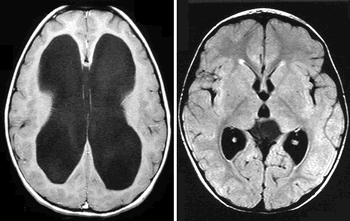
Given the challenges with the shortage of the iodinated contrast agent Omnipaque, national and state organizations have issued suggested risk mitigation and conservation strategies to reprioritize imaging needs during this temporary shortage.
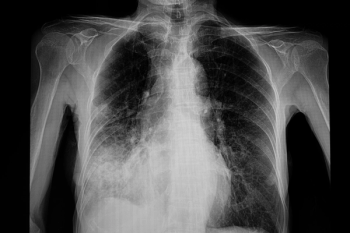
In a lung screening cohort of over 2,500 people, researchers found that significantly higher rates of chronic kidney disease and chronic heart failure were associated with increased hospitalization and mortality rates in patients with COVID-19.

Review the top radiology content from the past week.
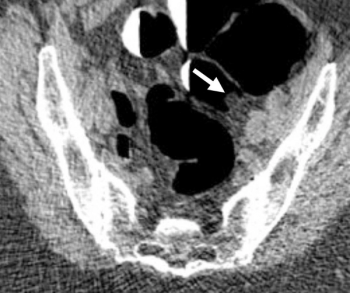
In a recent survey of over 13,700 people between the ages of 50 and 75, researchers found that only 1.4 percent of respondents had colorectal cancer screening with computed tomography (CT) colonography.

Review top radiology content from the week.

What is your diagnosis?
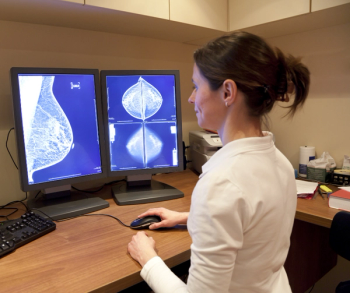
Validating a prognostic scoring system for locoregional recurrence risk in post-mastectomy patients with varying levels of axillary lymph node involvement, emerging research suggests patients with intermediate risk for breast cancer recurrence could benefit from post-mastectomy radiotherapy.

Review top radiology content from the week.

In a recent video interview, Arun Krishnaraj, MD, MPH and David Larson, MD, MBA, discussed the continued use of physical media to transport medical images between different health-care facilities, resulting inefficiencies and delays with patient care, and the initiative to create a linked multi-hub model to end this dated practice once and for all.

Review top radiology content from the week.

In a formal request to the Centers for Medicare and Medicaid Services (CMS), the American College of Radiology (ACR) emphasized that Medicare and Medicaid coverage of computed tomography colonography (CTC) could significantly improve colorectal cancer screening rates for at-risk populations.

Review top radiology content from the week.

In a recent video interview, Syam Reddy, MD discussed the merits of computed tomography (CT) colonography, a non-invasive alternative to conventional colonoscopy, which may help reduce gaps in screening for colorectal cancer.

Review top radiology content from the week.
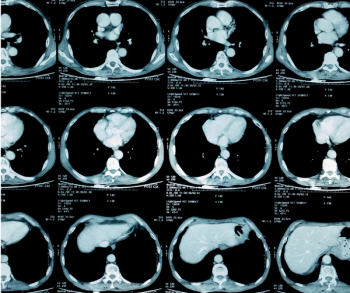
In a new national coverage determination, the Centers for Medicare and Medicaid Services (CMS) have lowered the starting thresholds for lung cancer screening from 55 to 50 years of age and from a 30-pack/year tobacco smoking history to 20 packs a year.

What is your diagnosis?

Emerging research suggests that strict adherence to the Lung-RADS classification may not lead to optimal detection of cancer.

Canon's latest entry into the PET/CT market is a digital, air-cooled system that provides customizable solutions for a range of clients.

What lesion is indicated by the arrows?
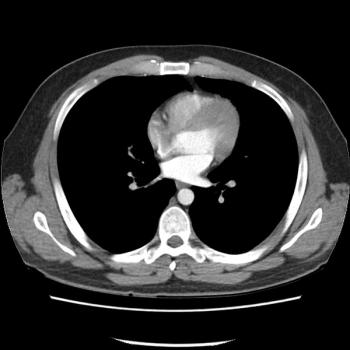
Study findings further highlight the central role of PET/CT in disease response after CAR-T cell therapy.